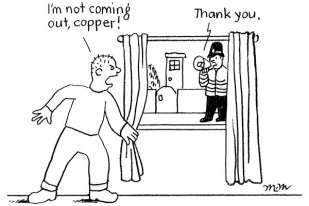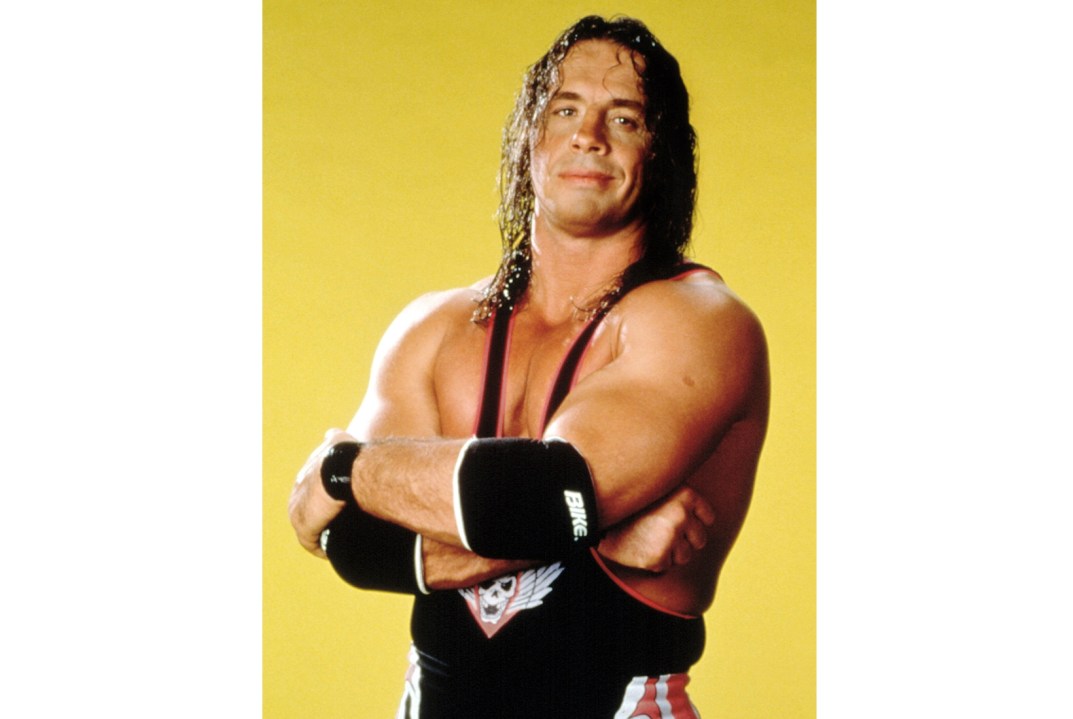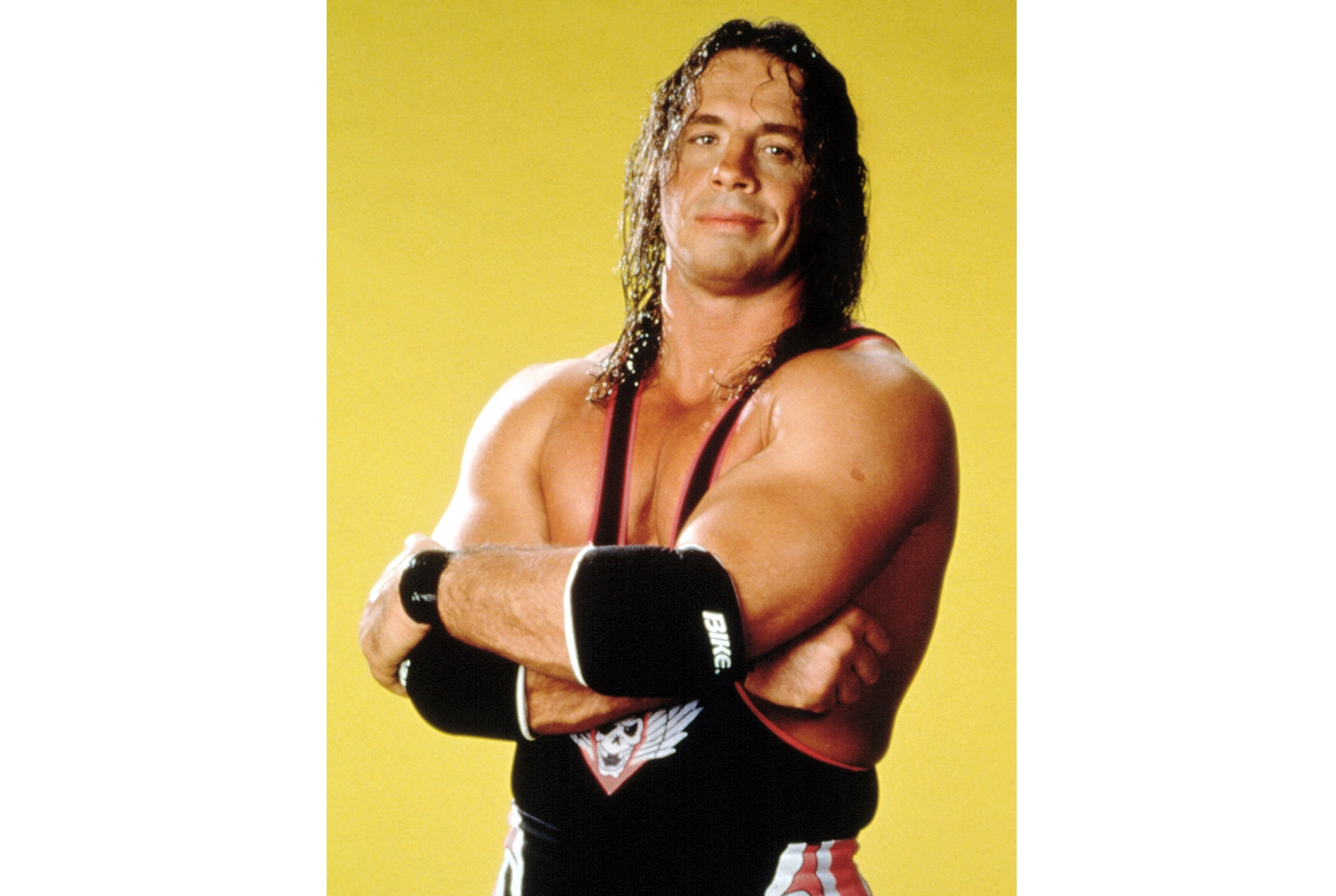One of the delights of going to stay with my grandparents in the 1970s was that my grandmother was a fan of the wrestling on ITV’s World of Sport. My parents wouldn’t ever watch it. It was fixed — a pantomime. But my grandmother seemed oblivious. It was the only sport she followed, apart from Wimbledon. I don’t think she realised it was scripted.
I was transfixed by the exaggerated antics of the ‘Dulwich Destroyer’, ‘The Man You Love to Hate’, Mick McManus, who played it for the boos and whose vulnerability (as everyone knew) was his ears (‘Not the ears, not the ears’), and by the sheer bulk of Giant Haystacks — 6ft 11 and allegedly weighing in at 45 stone — a real giant from a Grimms fairy tale it seemed. Dickie Davies’s deadpan commentary played along with the ruse, as if these were real competitions, with real winners, rather than the choreographed slapstick entertainments between villains and blue-eyed stooges in tight-fitting trunks most of us knew them to be.
Many years later I read Roland Barthes’s essay ‘The World of Wrestling’ in which he examined the semiotics of the salauds, comparing wrestlers to characters in a Molière play, pinpointing the displays of injustice and exaggerated moral outrage that are the thematic mainstays of the genre. I hadn’t thought at all about pro wrestling since then. But reading Douglas Edwards’s Philosophy Smackdown brought it all back, although his terms of reference are the World Wrestling Federation and the glamorous worlds of Hulk Hogan, Bret ‘Hitman’ Hart, and Stone Cold Steve Austin, not the out of shape vaudeville players I’d watched with my grandmother.

The book is billed as being about the philosophy of wrestling, but Edwards is such a fanboy for the activity and writes so well that you don’t need to know much about either topic to be drawn in.








Comments
Join the debate for just £1 a month
Be part of the conversation with other Spectator readers by getting your first three months for £3.
UNLOCK ACCESS Just £1 a monthAlready a subscriber? Log in